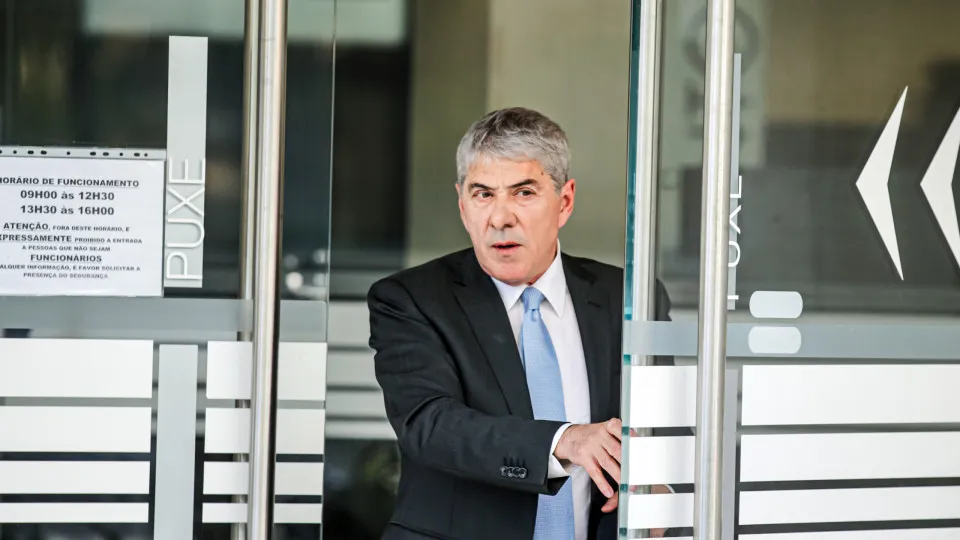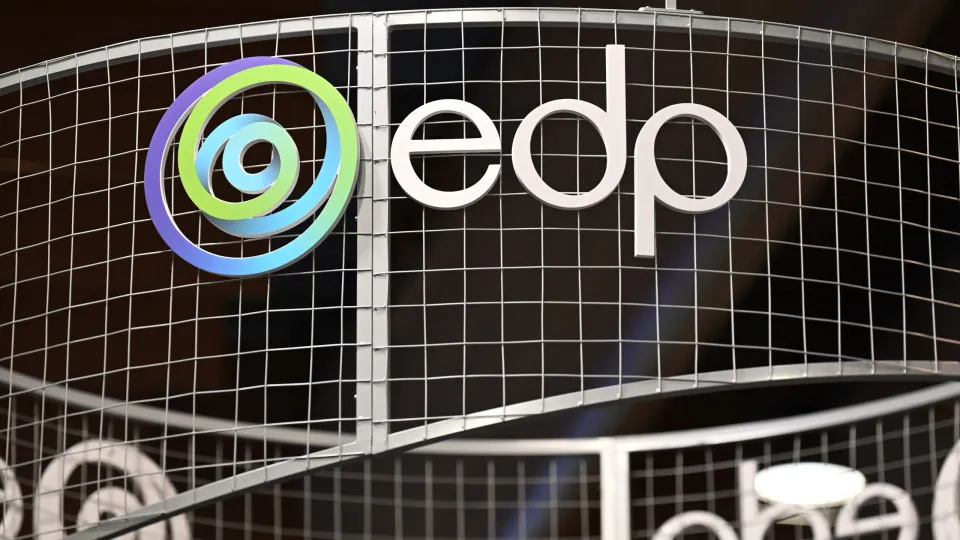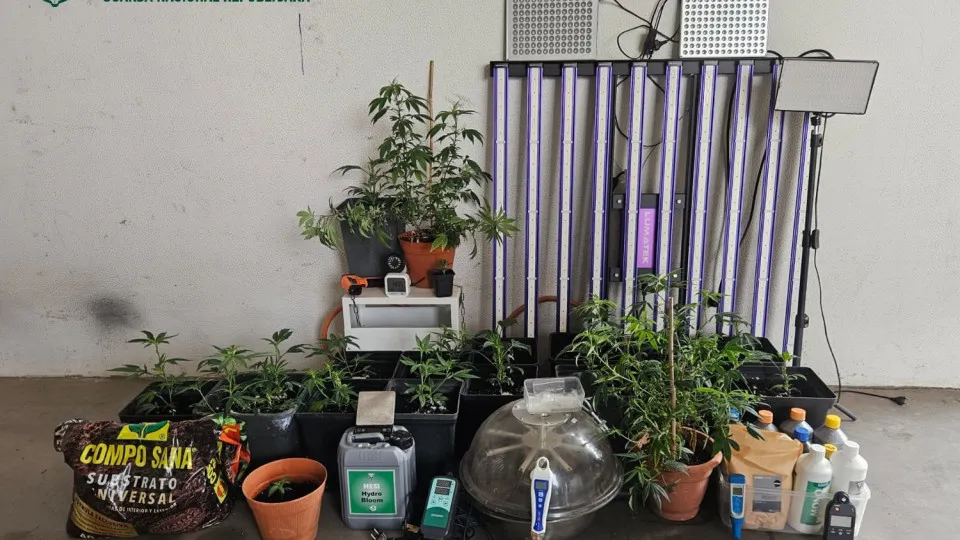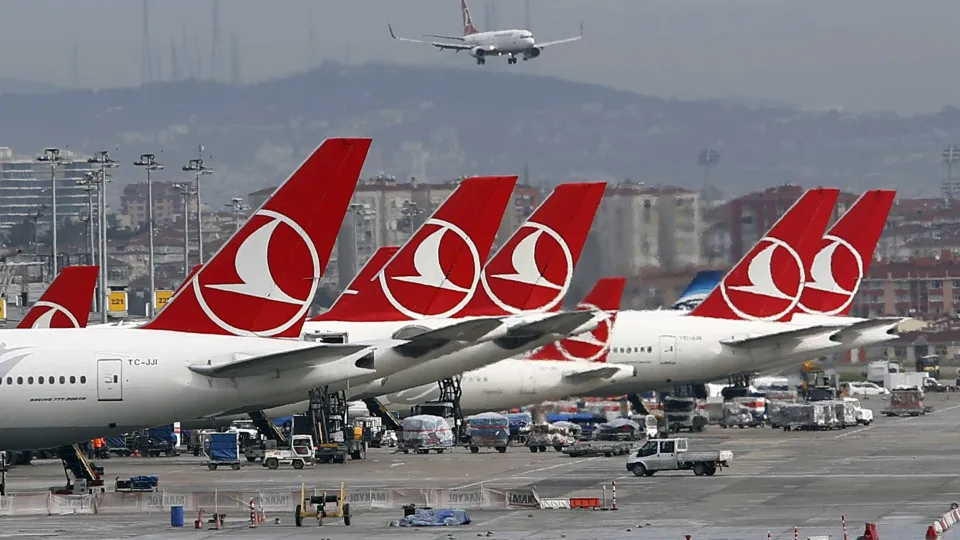
“The trial hasn’t been going badly; it has been very difficult to manage. […] It’s like those football matches where the referee faces numerous challenges… This is one of those cases,” said João Cura Mariano on the sidelines of the XIX Annual Meeting of the Superior Council of the Judiciary (CSM), taking place today and tomorrow in Setúbal.
Responding to comments by Justice Minister Rita Alarcão Júdice, who today described the Operation Marquês as “representing everything that can go wrong in a process,” the CSM president retorted, “I disagree. I think it’s a case where everything difficult has happened.”
Regarding the trial, the president of the Supreme Court of Justice noted that “it is mainly a defense that has posed difficulties in exercising its right to defense,” without naming any defendants.
Justice Minister Rita Alarcão Júdice stated today that Operation Marquês, involving the former Prime Minister José Sócrates (2005-2011), “has represented everything that can go wrong in a process.”
“It’s a guide for what cannot happen,” she added, also on the sidelines of the XIX Annual Meeting of the CSM.
Neither João Cura Mariano nor Rita Alarcão Júdice commented on the fact that the former government official has been represented by a court-appointed lawyer since Tuesday, who wasn’t given time to familiarize himself with the case before defending it in court.
José Sócrates, aged 68, is charged (accused after investigation) with 22 crimes, including three of corruption, for allegedly receiving money to benefit different entities, including the Lena Group, Espírito Santo Group (GES), and the Algarve resort of Vale do Lobo.
The case involves a total of 21 defendants, who generally deny the 117 economic-financial crimes they are collectively accused of.
The trial has been ongoing since July 3 at the Lisbon Central Criminal Court, with sessions scheduled at least until December 18, 2025.




